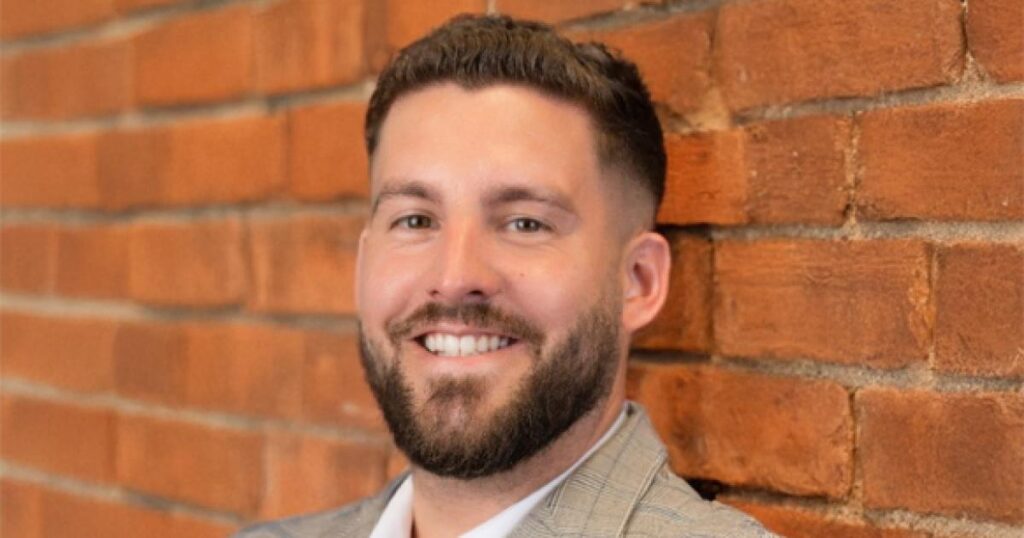Today’s GP Practice provides a wide range of healthcare services; under the same roof there are physiotherapists, dietitians, mental health practitioners, occupational therapists…you may simply need to organise a repeat prescription.
An average-sized GP practice will receive in the region of 10,000 telephone calls per month, and with X% of those calling first thing in the morning, that’s a lot of people queueing.
Tech enthusiast Max Gattlin – who boasts a background in digital transformation – and his team at Hanley Consulting, which has recently become a part of the X-On Health family, are looking to make the 8am rush a thing of the past.
Thanks to Mr Gattlin’s pioneering system, which was initially called EDATT, but has been rebranded under the name Surgery Assist, the patient’s experience is being revolutionised.
“What might not be common knowledge is that not all calls making up that 8am rush are people wishing to make an appointment with their GP,” said Max.

“There will be calls in the queue from people wishing to arrange a repeat prescription or see another health professional such as the physiotherapist, rather than the GP.”
The beauty of the Surgery Assist technology developed by Max, Hanley Consulting and X-On Health, is that it filters each caller to the correct person or service they require. Max has described the results as “absolutely astounding”.
“We’ve been deploying this approach for the last two years and some of the data that we’ve received from it is absolutely astounding in terms of relieving pressure on the system and allowing patients to access the care that they need faster and more efficiently.
While Surgery Assist is helping to reduce telephone queues by 30 to 40 per cent, there is still a great deal of demand for a GP appointment coming in over the phone.
“There is a concerted effort up and down the country to help surgeries reimagine their access points. The technology is there to support, and when it is utilised correctly it can have a really positive impact on the patient’s experience. For example, with Surgery Assist, patients can be immediately signposted to a more appropriate service that takes them out of the general queue and straight to the care service that they require. Relieving pressure on the system and delivering a better service to the patient.”
“Surgery Assist is our flagship automated digital support assistant. The first of its kind,” said Mr Gattlin, “It has been meticulously designed for deployment across GP surgery practice websites and telephone systems throughout England.”

Max added: “Our ethos is to share experience and specialist knowledge, understand requirements, help solve a client’s urgent problems and deliver impact across the health and care system. We know each surgery will work slightly differently, but we can customise and localise each digital assistant to suit the surgery, and its patients, needs.
“We pride ourselves in keeping up to date with new platforms and systems, ensuring interoperability and data security are at the forefront of delivering change across care systems, services, teams, individuals, staff and patients.”
Five reasons to consider Surgery Assist
- Surgery Assist automates routine tasks like managing patient enquiries, scheduling, and directing patients to appropriate services. This reduces the administrative workload on staff, allowing them to focus on more critical duties.
- With automated signposting, multilingual support, and efficient call routing, Surgery Assist ensures patients can quickly and easily access the care they need. Reducing wait times and providing 24/7 digital support empowers the patient and enhances the patient experience.
- By automating up to 30% of the workload, Surgery Assist minimises operational costs and saves valuable time for both staff and patients. Fewer manual tasks mean increased efficiency and less pressure on resources.
- Surgery Assist integrates with tools like the NHS App, encouraging patients to engage with digital services for tasks such as prescription orders, appointment management, and accessing medical records.
- With natural language processing and dynamic translation in over 60 languages, Surgery Assist ensures inclusivity by breaking language barriers. This feature helps reduce health disparities, offering personalised support to a diverse patient population.
To find out more, click here: www.x-on.co.uk
Source link
[Featured]
[Just In]



